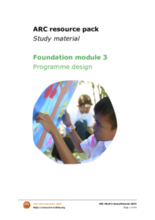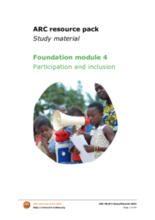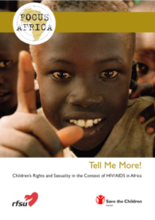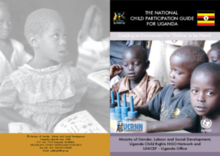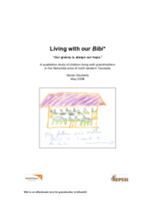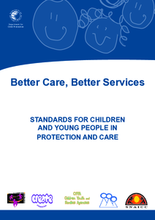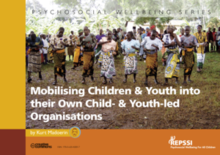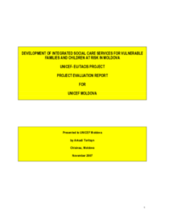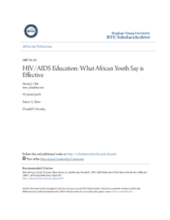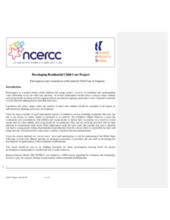Displaying 301 - 310 of 377
This module provides practical information, guidelines and participatory tools for taking rights-based approaches to programme planning and implementation.
This module provides practical information, guidelines, inspiring case studies and participatory tools to support organisations and key adult actors to engage with children as rights holders and social actors, supporting their participation in decision making processes, which affect them and their communities.
Documents children’s opinions about the services and education they receive on sexuality, HIV/AIDS and reproductive health in sub-Saharan Africa
This is a National Guide for the participation of children which has been developed in consonance with Art. 12 of the United Nations Convention on the Rights of the Child (UN CRC).
A qualitative study of children living with grandmothers in the Nshamba area of northwestern Tanzania
This document sets forth key standards through which child and youth protection, particularly in regards to foster care, will be approached in Western Australia.
An overview of the development and benefits of child and youth-led organizations across Tanzania’s Kagera region, primarily for children who have lost one or both parents.
Project Evaluation Report for UNICEF Moldova
A study of HIV/AIDS education programs and direction for creating curricula in African schools.
This report aims to provide insight into children’s perceptions of participation within England’s residential care system, and to note any potential or perceived barriers to participation.

